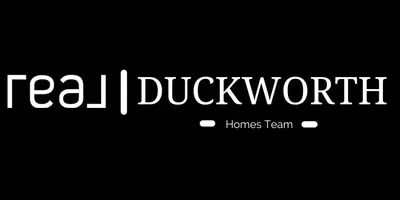Pros and Cons of Renovating a Home vs. Building a New One: Home Buyer's Guide
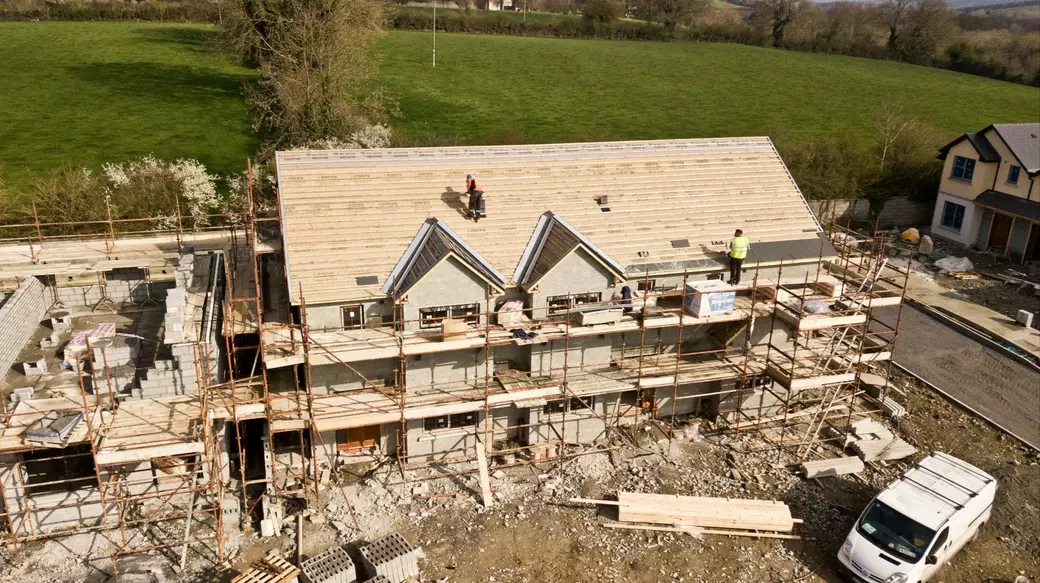
Pros and Cons of Renovating a Home vs. Building a New One: Home Buyer's Guide
Embarking on the journey to homeownership, especially for the first time, can feel like riding a roller coaster, with its ups and downs. First-time buyers are often faced with decisions regarding construction, renovation, and interior design, all while trying to stick to a budget.
When it comes to acquiring a new home, it's not always necessary to opt for brand-new construction. For many prospective homeowners, the options of renovating an older home or building a new one present themselves as viable alternatives, each with its own set of advantages and disadvantages. Here's a look at the pros and cons of renovating a home versus building a new one. With these considerations in mind, you can make an informed decision that aligns with your preferences and financial situation as you journey towards homeownership.

Renovating a Home: Pros
Opting to purchase an older home and renovating it can be a financially savvy choice, depending on the condition of the property at the time of purchase. Renovation projects can potentially save money and streamline the home-buying process by reducing competition from other buyers.

Cost Savings Opportunity
In most cases, purchasing a home in need of renovations is more economical than investing in new construction. However, it's crucial to carefully assess the renovation costs against the potential return on investment. To ensure the renovation adds value to your home, enlist the expertise of qualified contractors and home inspectors.
Enhancement of Overall Property Value
A well-executed renovation can significantly increase the value of your home. Cost-effective renovations such as replacing the front door or installing modern fixtures can enhance both the aesthetic appeal and energy efficiency of the property. Additionally, preserving original features can add a unique charm that appeals to potential buyers in the future.
Reduction in Utility Expenses
Renovations offer the opportunity to prioritize energy-efficient upgrades, thereby reducing utility costs. Measures such as replacing windows and doors or installing a smart thermostat can contribute to long-term savings on heating and cooling expenses. For those seeking a substantial investment, solar panel installation can further enhance the home's sustainability and reduce energy bills.
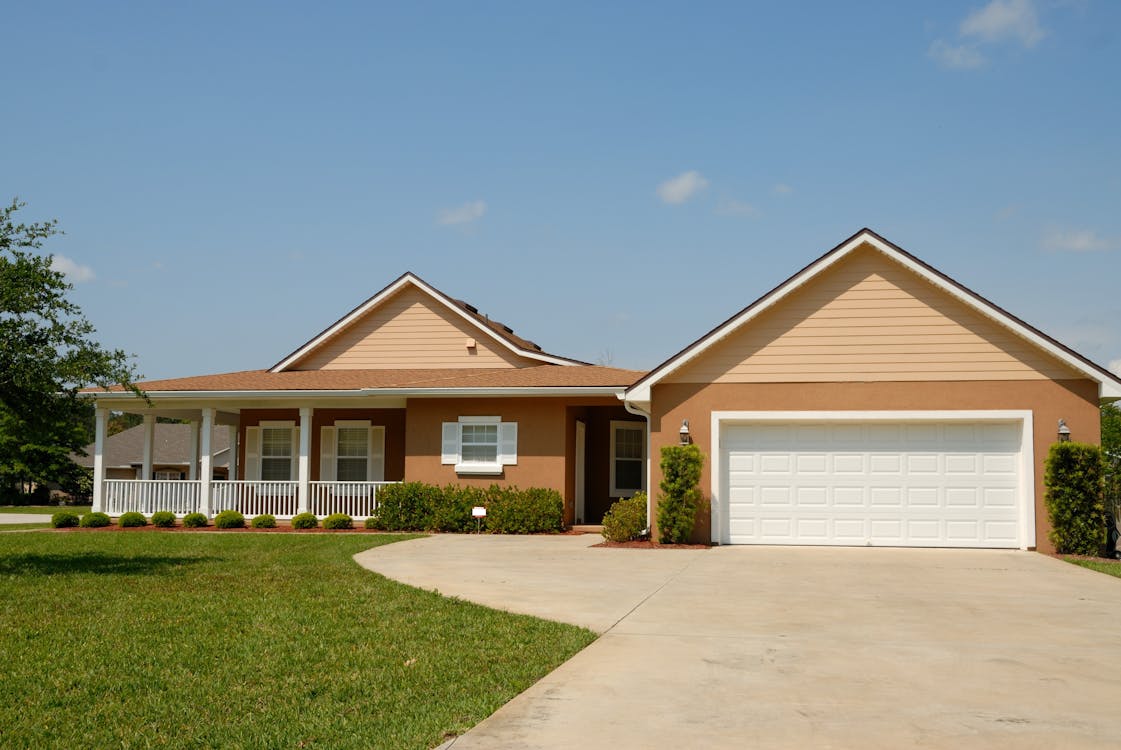
Cons
Despite the benefits, renovating a home comes with its share of challenges that can impact the smooth progression of the project.
Potential for Hidden Issues
Renovating older homes may uncover hidden problems such as water damage, asbestos, or termite infestations, leading to unexpected expenses. It's essential to budget for unforeseen issues from the outset to mitigate financial strain during the renovation process.
Time-Intensive Nature
Depending on the extent of renovations, the process can be time-consuming, ranging from superficial updates to comprehensive overhauls. Extensive renovations may necessitate finding alternative living arrangements during the construction period, resulting in additional expenses.
Building a New Construction: Pros
For those who prefer to avoid renovating older properties, building a new home offers opportunities for customization and personalization.
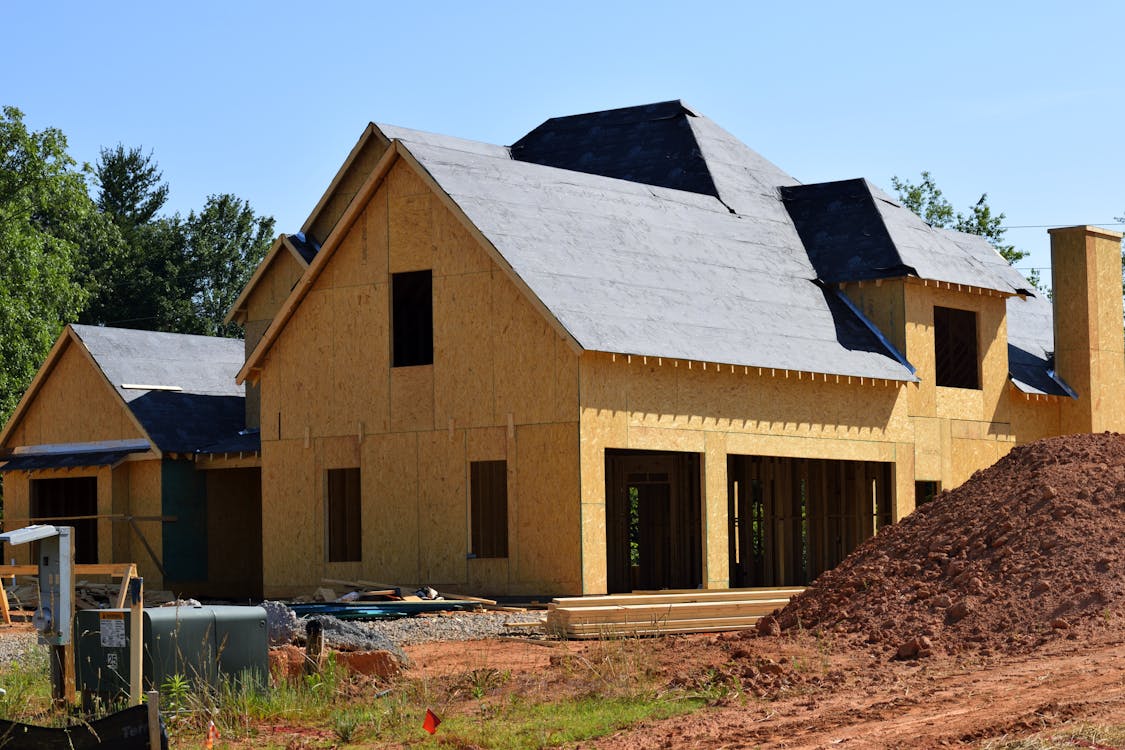
Tailored to Your Preferences
Building a new home grants full control over its design and layout, ensuring that it aligns with your vision. Unlike purchasing an existing property, where compromises may be necessary, constructing a new home allows for the realization of your dream home.
Avoidance of Competitive Bidding
In a competitive housing market, bidding wars can add stress to the home-buying process. By opting to build a new home, you can circumvent bidding wars by purchasing undeveloped land, reducing the stress associated with securing a property.
Lower Maintenance Requirements
Newly constructed homes typically require less maintenance compared to older properties, minimizing the need for costly repairs in the initial years of homeownership.

Cons
While building a new home offers advantages in terms of customization and reduced maintenance, there are potential drawbacks to consider.
Environmental Impact
The construction of new homes contributes to carbon emissions and resource depletion. Choosing to build a new home may have a more significant environmental footprint compared to renovating an existing property. However, incorporating sustainable building practices and materials can mitigate these effects.
Depreciation Considerations
Newly constructed homes may experience higher depreciation relative to existing properties. This factor should be taken into account when assessing the long-term financial implications of homeownership.
In conclusion, whether you opt to renovate an existing home or embark on the journey of building a new one, careful consideration of the pros and cons is essential. By weighing factors such as cost, customization options, and environmental impact, you can make an informed decision that aligns with your priorities and goals as a homeowner.
Categories
Recent Posts
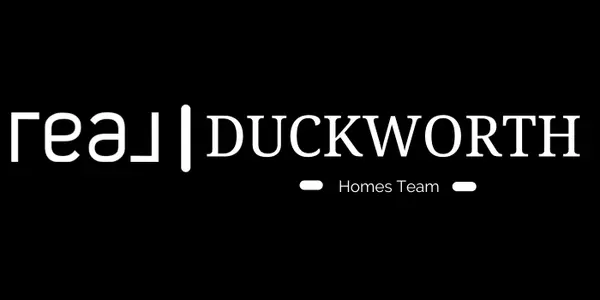
Wrentham Market Update - March 2025

How to Host a Great Open House as a Realtor in Rhode Island and Massachusetts
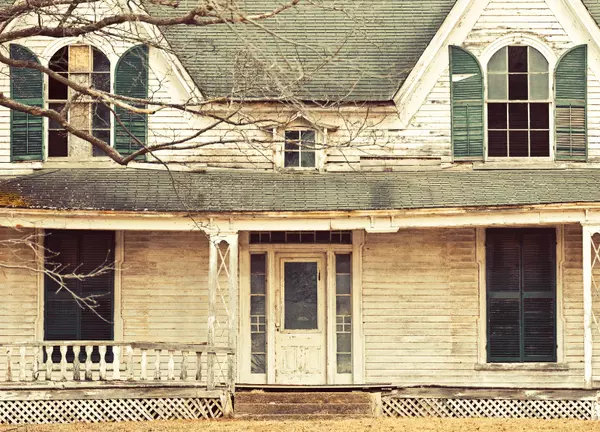
Is Purchasing a Fixer-Upper a Good Decision?
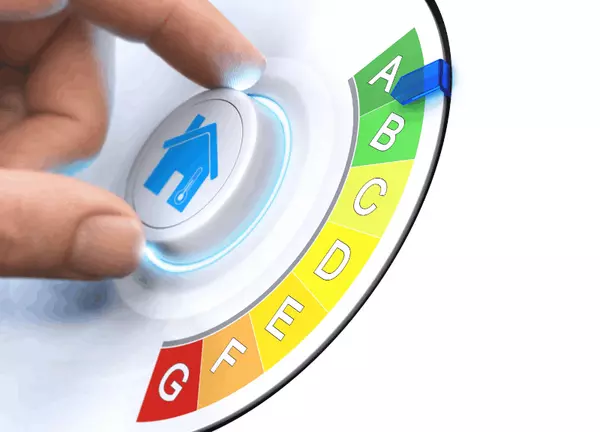
7 Steps To Make Your Home Energy Efficient
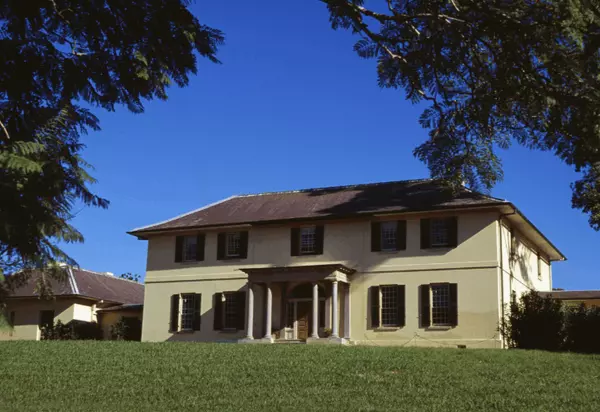
Purchasing an Older Home in Rhode Island and Massachusetts

Why High-Quality Real Estate Photos Are Crucial

Essential Skills for Real Estate Agents in Rhode Island and Massachusetts

How to Cut Costs When Moving: A Comprehensive Guide
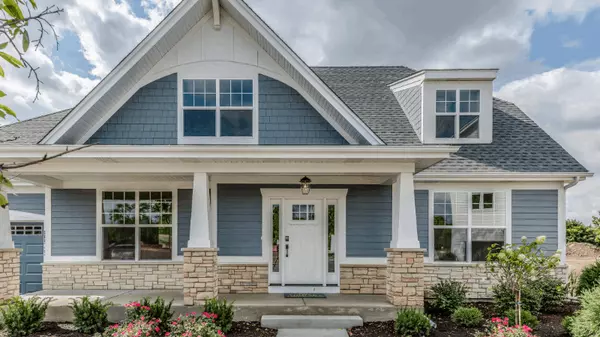
Creating a Handicap-Accessible Home in Rhode Island and Massachusetts
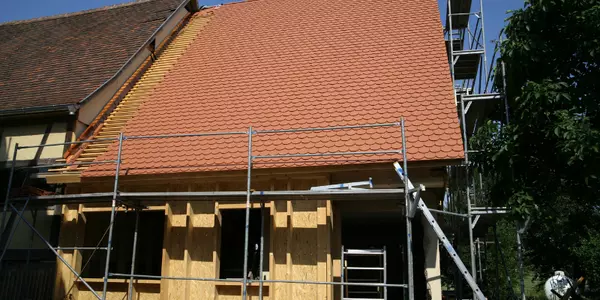
Considering Adding a Home Addition in Rhode Island or Massachusetts? Discover the Costs!
